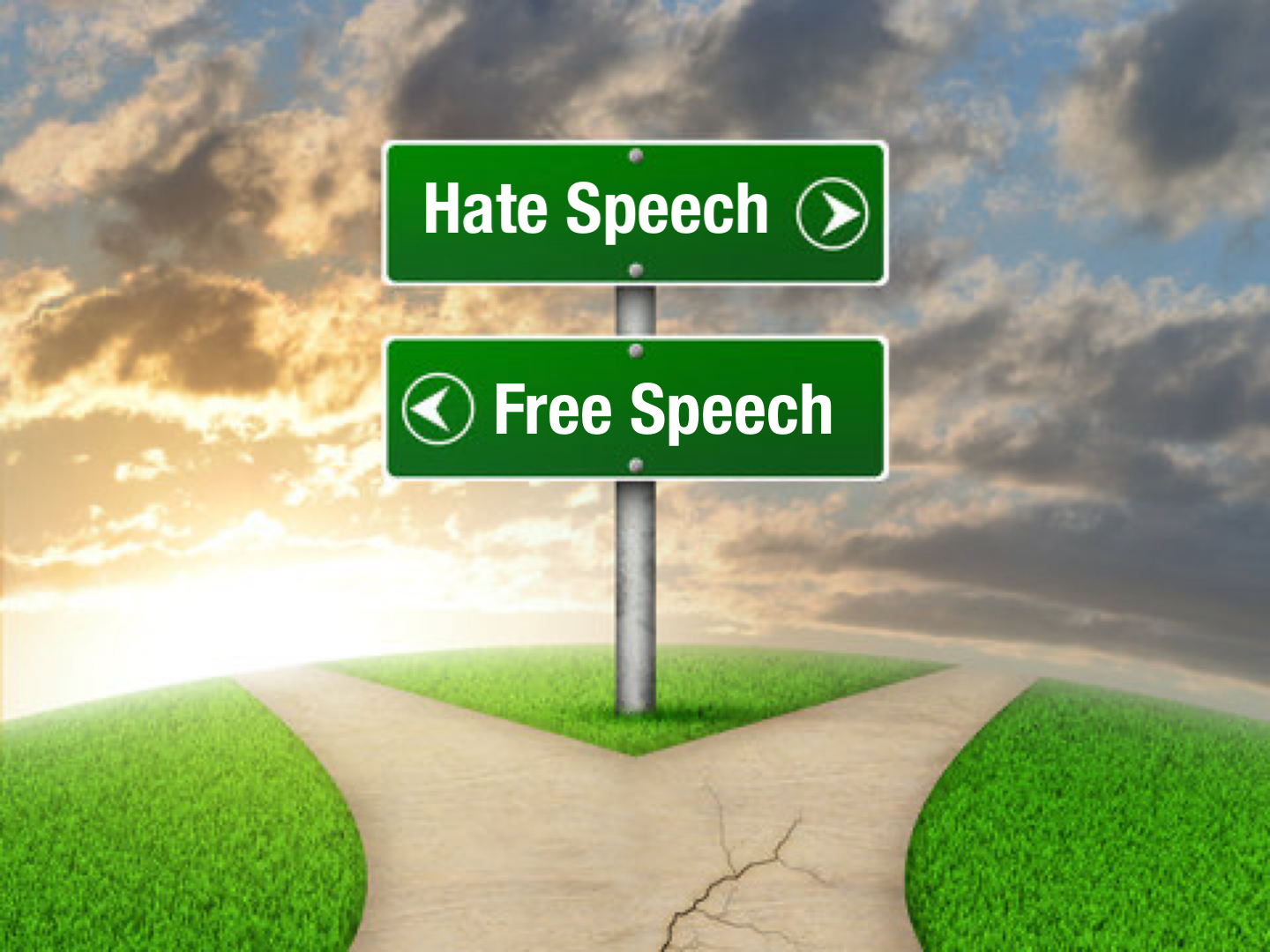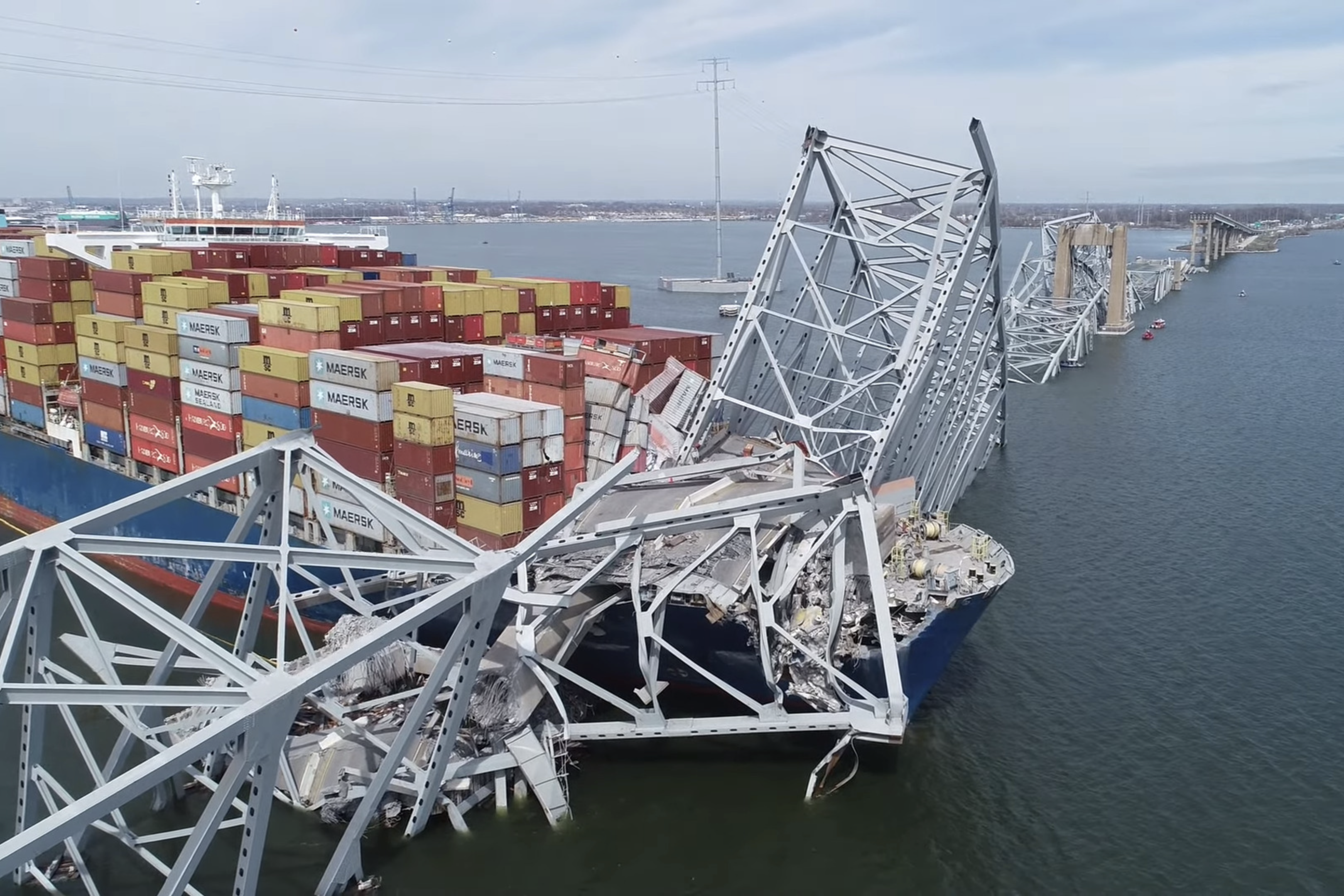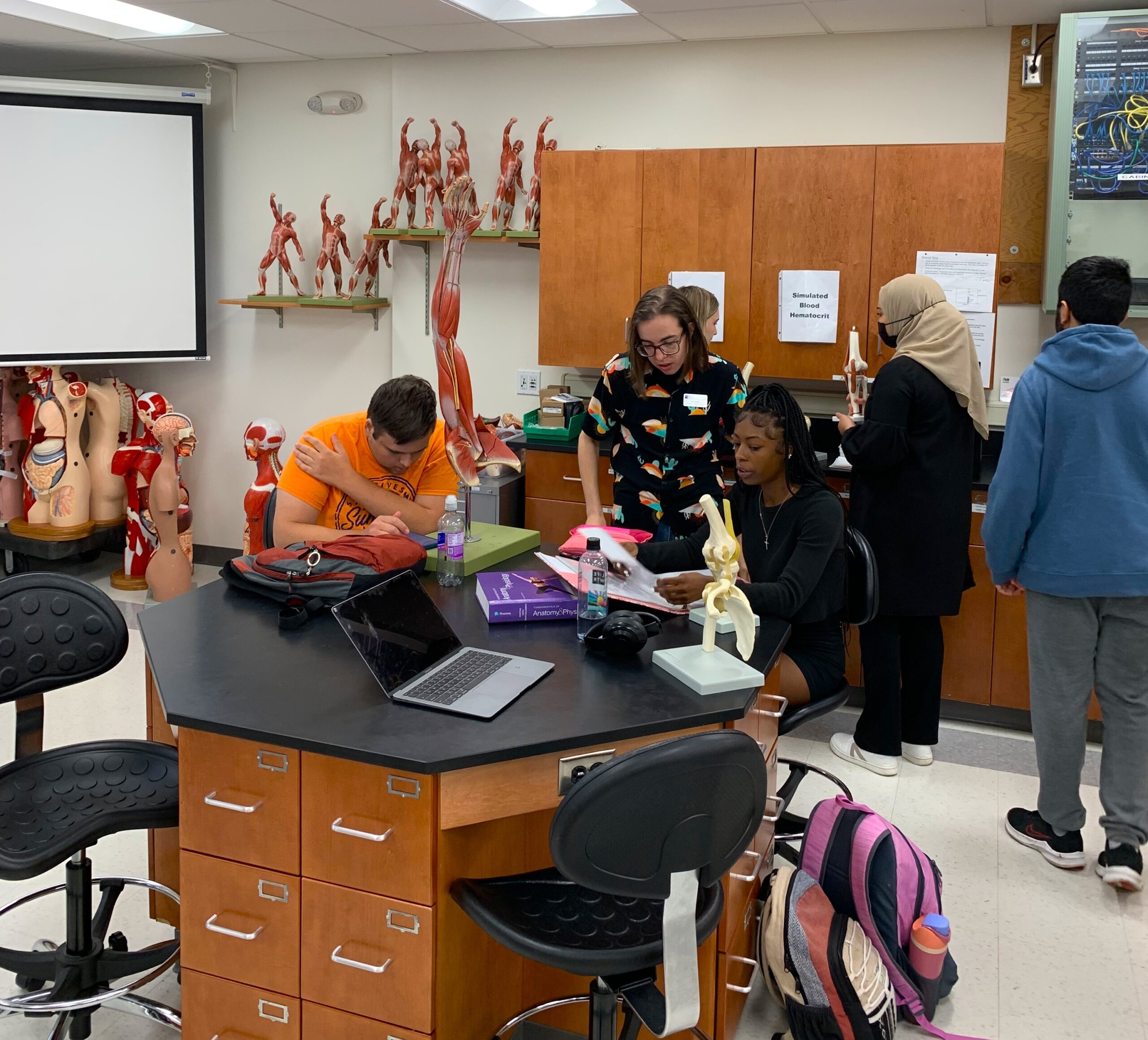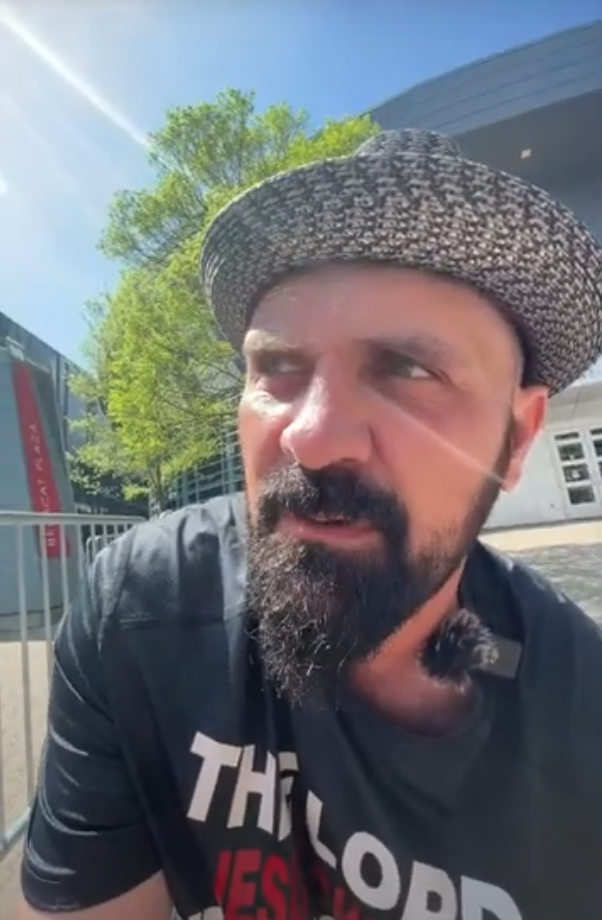A cross-country journey to witness history in the making

Collin Reischman
-Managing Editor –
Barack Obama’s journey to the White House and historic Inauguration Day speech did not begin where one might expect. It did not
begin with his decision to enter the rough and rowdy world of Chicago politics, or with his presidential candidacy announcement in
February 2007. The journey began on July 1, 1863 in the small town of Gettysburg, Pennsylvania. This is what seven STLCC-Meramec students learned on a memorable and eventful
four-day trip that led to that ghostly battlefield, and the presidential inauguration itself, a trip I was lucky enough to be a part of. Armed with a cramped white van, a notebook, and fellow Montage representative, Art & Life editor Amanda Keefe, we witnessed and
recorded to the best of our ability, our amazing trip.
Ohio State House
It was nearly four o’clock in the evening when
seven Meramec Students along with Kay
Blalock, history professor, and Sherita “Rita”
Reinhardt arrived in Columbus, Ohio, at the Ohio State Capitol Building. The Atrium is cold, vast and empty. Marble pillars the size of trees dot the perimeter of the empty hall in the Statehouse. One pillar in the far corner of the room reads “Here Stood Lincoln.” Sept. 16, 1859 was the date, and Abraham Lincoln, campaigning for the presidency, stood in that very spot and spoke to a crowded hall. Less than 150 years later, then-Senator Barack Obama, delivered a speech only a few yards away. A small bronze plaque can hardly do the sheer poetry of this moment justice. Whether it was the Lincoln/Obama comparison, it’s hard to imagine a more appropriate time to
contemplate the value of historical firsts.
Gettysburg
Snow was everywhere. Thick flakes, like feathers from the aftermath of a wild pillow-fight, were pouring down over the whole state of Pennsylvania. Little Round Top is littered with massive stones. Stones as large as cars, even houses, lie along the steep hill and rooted in the valley below. This is known as the Valley of Death. Here, Union sharpshooters fired down on the Confederate troops attempting to cross the valley below and recapture the strategic hill. What followed was a slaughter. Snipers on both sides fired from the cover of the massive stones that had been kicked up during artillery bombardment; this is where the bodies were thickest. Nothing speaks more to the soul of the battle than here, at the place of Pickette’s Charge. Here, 12,000 Confederate soldiers charged the remaining Union forces in a last ditch attempt to win the battle. Here, across a vast field, the Confederate soldiers charged the Union front. It was here that the battle would end. Here, in this spot where we stood, the Civil War, and thusly, the entire nation, would change forever.Though Gettysburg was hardly the final battle, it would serve as the most important. The turning point for Union forces, and the location of the infamous Gettysburg Address, it was this battle that would ultimately bring about the end of the war. Here, the future of the country, and of slavery were decided. Without this sacrifice, our new president would have nothing. Born of a black man in a nation that supported segregation just 60 years ago, this rings true in the silence of this snow covered ground in rural Pennsylvania.
January 20: Inauguration Day
The van is loaded, all are bundled in layers upon layers of warm, mismatched clothing, a preparation for the frigid temperatures expected throughout the night and the following day. We are packed tight, heading toward one of the metro stations still open for access to the day’s ceremonies. Metrolink pass in hand, we file into line among the herd of people trying to force their way into the limited space. People of all ages and colors and cultures cram onto the train. Languages I cannot understand are being spoken all around, one elderly woman from Africa sits wrapped up in coats and blankets in the corner, preparing for the journey. For miles, we see nothing but charter buses, people in massive groups, armed personnel in every direction, helicopters circle overheard, and everyone is wandering. The capitol is lit up like a shining temple in the darkest night. Gleaming in the darkness, piercing through the cold, for one moment, our tired journey is forgotten, and the crowd gasps. People have begun piling into the viewing area, pushing forward for the best view of the building.
Temperatures have dipped below 20 degrees and the whole crowd looks homeless, layered in clothing. The crowd has swelled to 2 million strong. Soon, the massive video screens that are to display the inauguration spark to life, and are playing the pre-recorded concert at the Lincoln Memorial from days before. The music gives new life to the crowd, soon people are dancing wildly, waving American flags and singing along, nobody seems to mind the conditions anymore. Onika Jackson has traveled all the way from San Diego to be a part of the historic event. ”I’ve been here since four in the morning. I came with my aunt and my father, and we knew we had to see this. This is a part of history,” she says, face covered with a black scarf to keep the wind at bay. “I know it’s cold, too cold. But you can’t get this back, it’s a part of history, it’s priceless.”
The Speech
Obama takes the stage to an impatient, freezing crowd of millions. His presence, however, has an almost magical effect, as the entire crowd is
silent for one moment, and explodes with pure
ecstasy at the site of their hero.
Right hand in the air, Obama and Chief Justice Roberts manage to bungle the oath of office, and no one seems to care. With one fell swoop, Obama takes the stage to deliver a speech that, regardless of his presidency, will surely be quoted in history books for the years to come.
It isn’t the subtle digs at the Bush administration, or the sweeping optimism, or the grandeur that lifts the spirits of the people, if only for a moment. It is the hope. A politician standing
before the people and speaking with such frank honesty, that the validity of his statements are rarely questioned. Perhaps it’s not a good thing, to see so many unconditionally support a politician who has gained rock star status. But the love in the crowd will quiet any cynic for a moment.
People cry openly, strangers embrace, and nobody remembers the long, cold journey to this place. The divisive world of Washington is gone, and only the masses remain. The masses who, in spite of everything, are staying warm and smiling.











